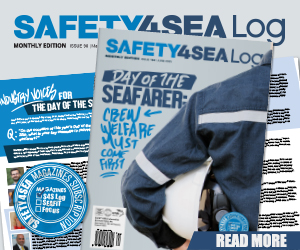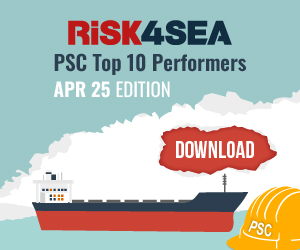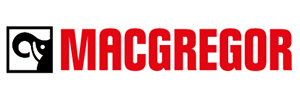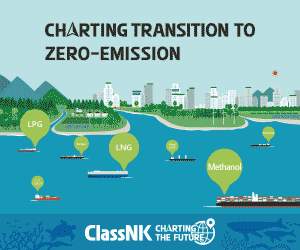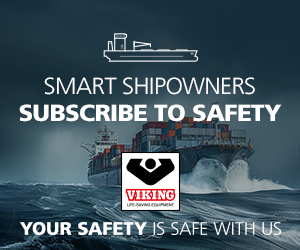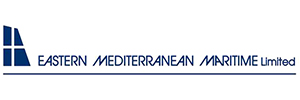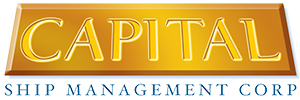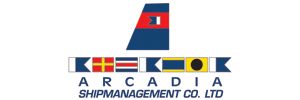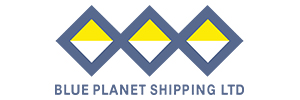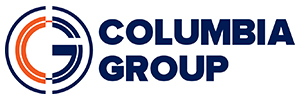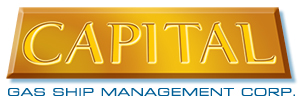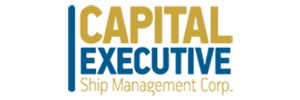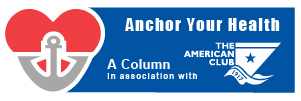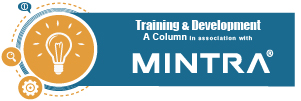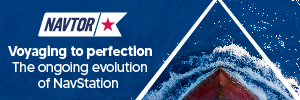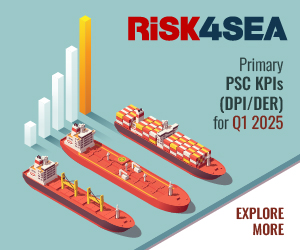Kubota Hideo, Secretary, Tokyo MOU Secretariat, highlights key findings from the recent annual report and explains why PSC Officers prioritize checking fire safety equipment and life-saving appliances during inspections. He encourages operators to foster a stronger safety and environmental protection culture.
PSC inspection results in the Tokyo MOU region have worsened since the pandemic, reverting to levels seen a decade ago. While efforts to eliminate sub-standard shipping continue, stakeholder action is essential. The Tokyo MOU is revising IMO PSC guidelines, including MARPOL Annex VI, conducting training on new regulations, and embracing technology to improve PSC effectiveness and accessibility.
SAFETY4SEA: What are Tokyo MoU’s strategic priorities over the next five years for improving Port State Control effectiveness and strengthening international collaboration?
Kubota Hideo: The Tokyo MOU adopts its strategic plan every 5 years and the related strategic direction and action plan are to be updated every year during the period for the plan. The latest version is the strategic plan for 2021 to 2025, and the strategic plan for 2026 to 2030 will be considered at the next PSC Committee meeting in October 2025. Under the plan, the Tokyo MOU puts importance on several directions. One of the important directions is the developing and maintaining effective and efficient PSC system, which includes the developments of uniform PSC procedures/guidelines by monitoring the development of IMO/ILO instruments, the active participation in the process of the development of Maritime Autonomous Surface Ships (MASS) and other emerging technologies to evaluate impact to PSC activities. In addition, the Tokyo MOU endeavours to develop and establish effective measures to prevent activities and database system from cyber risk threats. Furthermore, taking account of such uniqueness of the Tokyo MOU as the member Authorities consist of the Authorities of the Advances States and those of the developing States, it is one of the key strategic directions to implement the Technical Cooperation Programmes properly. Promotion of joint initiatives and co-operations with other regional PSC regimes and Improvement transparency, communication and relationship with the industry are also key strategic directions.
S4S: The number of under-performing ships nearly doubled in 2024. What are the root causes behind this trend, and what specific actions will Tokyo MoU take to reverse it?
K.H.: As a result of analyse of the detainable deficiencies of the under-performing ships, the most frequent detainable deficiencies were those relating to fire safety, followed by water/weathertight conditions and life-saving appliances. 75% of detainable deficiencies were those due to poor/inappropriate maintenance. In addition, it is observed that more than 60% of under-performing ships were under flags, which are in the blacklist and there were 11 under-performing ships whose ISM DOC were issued by ROs which are members of IACS. Considering the seriousness of the situation, the Tokyo MOU submitted a document to the next IMO III Sub-Committee to inform such situation and to invite relevant stakeholders to take appropriate action for improving the situation.
S4S: Your latest Annual PSC Report shows that deficiencies related to fire safety, life-saving appliances, and working/living conditions continue to dominate. Why do these issues remain persistent despite ongoing oversight?
K.H.: Generally speaking, the level of maintenance of a ship can be judged by the maintenance of fire safety equipment, life-saving appliances, etc. Therefore, the PSC Officers firstly checks these equipment/appliances at PSC inspections. Regarding the working/living conditions, the situation has become worse after the COVID-19 pandemic and I think the after effect of the pandemic still remains.
S4S: With deficiencies increasing in areas like MARPOL Annex VI, how does Tokyo MoU plan to enhance environmental compliance in parallel with safety?
K.H.: The Tokyo MOU actively participates in the revision of IMO guidelines for PSC including those on MARPOL Annex VI and organises training and seminars on new conventions, new regulations/amendments and new PSC guidelines including those relating to MARPOLS Annex VI.
S4S: What measures can be taken by shipping companies and ROs to proactively reduce these high-frequency deficiencies?
K.H.: Shipping companies are invited to enhance their safety management and ensure their seafarers to maintain their ship in accordance with the approved Safety Management System. ROs are invited to study the PSC reports and ensure thorough checks at the survey.
S4S: What trends do you see shaping the future of Port State Control, and how is Tokyo MOU preparing for them?
K.H.: Technologies surrounding shipping industry such as IT has been advancing exponentially. The Tokyo MOU will positively introduce technological advances such as IT to enhance effectiveness and user-friendless of PSC. For example, the PSC Committee held in November 2024 adopted the guidance for the pre-inspection electronic verification of certificates and records, by which the certificates can be checked in advance of a PSC inspection utilizing IT.
S4S: Remote surveys are highlighted as ineffective in some instances. How does Tokyo MoU evaluate remote inspections in general, and is there a need for global standardization or stricter guidance from the IMO?
K.H.: In general, the Tokyo MOU does not accept remote inspections. At the last meeting of the PSC Committee in November 2024 a member Authority provided several instances where remote surveys were employed by ROs not in accordance with IMO resolution (A.1186(33)) and have resulted in deep concerns for the effectiveness of these surveys to meet the minimum requirements of good survey and certification practice. Several delegations expressed their support to the views and shared their similar experiences. The Committee was of the view that remote surveys are to be conducted only in a manner consistent with the IMO resolutions, i.e., only be conducted in “extraordinary circumstance beyond the control of the parties”.
S4S: Looking ahead, what innovations or reforms do you believe are needed to enhance the fairness, transparency, and global credibility of Port State Control?
K.H.: It is necessary to continue provision and publication of transparent and comprehensive information on PSC inspections and activities and dialogue with industries. To keep the credibility, it is necessary to monitor closely incident of bad performance of PSC officers and promote good conduct of PSC officers
S4S: If you could change one thing across the industry to improve PSC performance, what would it be and why?
K.H.: Fostering more rigid safety/environment protection culture.
S4S: What is your key message to maritime stakeholders with regards to Port State Control?
K.H.: It is regrettable that the general situation of the results of PSC inspections after the pandemic in the Tokyo MOU region became worse and bounce backed to the situation of ten years ago. The stakeholders are invited to take measures to improve the situation. The Tokyo MOU continues to make every efforts to eliminate sub-standard shipping in the region.
The views presented are only those of the author and do not necessarily reflect those of SAFETY4SEA and are for information sharing and discussion purposes only.










































